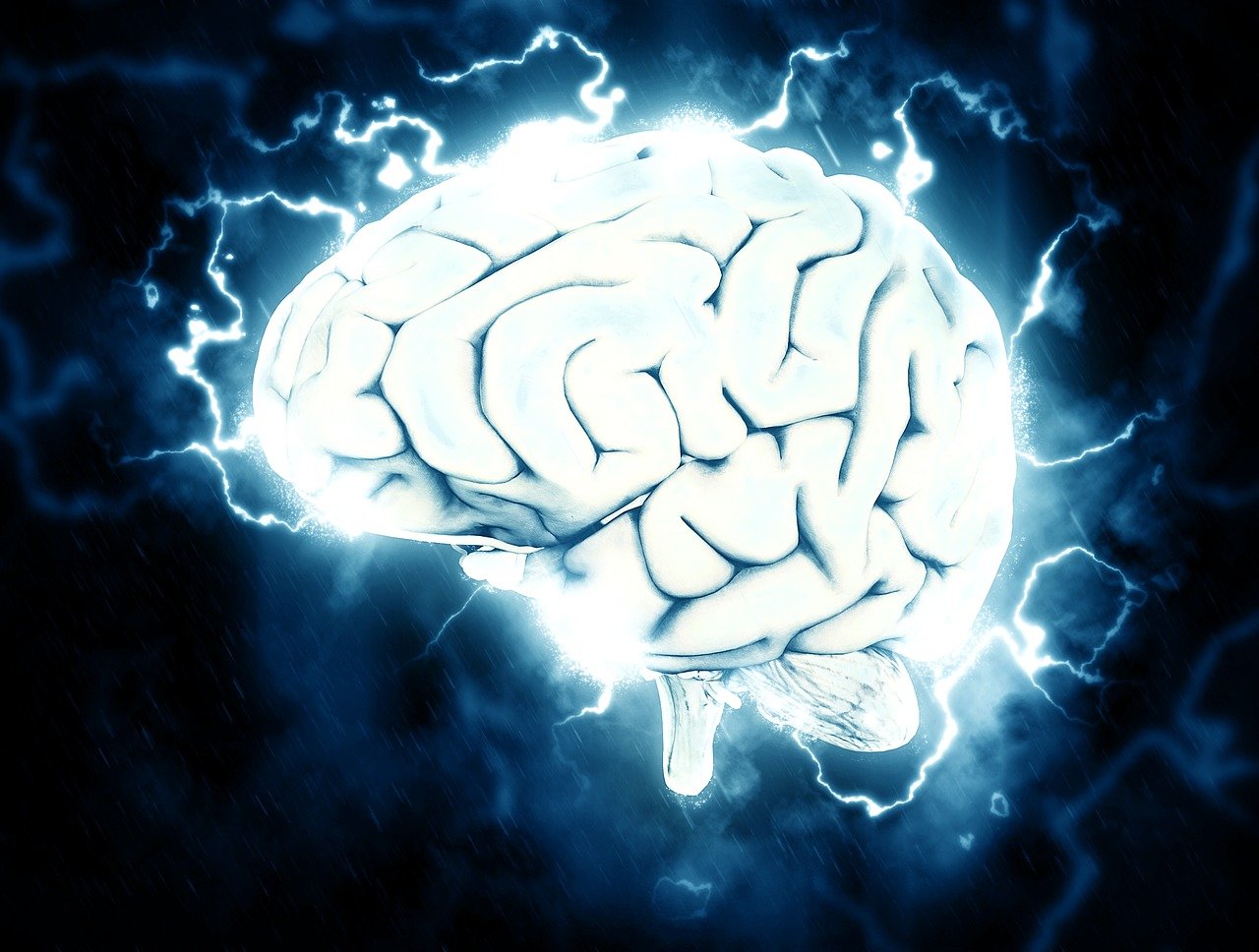Serotonin is often referred to as the feel-good chemical of the brain, and while a bit simplistic, there’s a lot of fundamental truth to that definition.
Serotonin is a monoamine neurotransmitter. Monoamine neurotransmitters are neurotransmitters that carry only one amino group in their molecular structure. Neurotransmitters are important to functions of the brain and nervous system such as learning, mood, sleep and sexual urges, among others. Neurotransmitters are the messengers of the brain. They are released when a nerve impulse comes at the end of an axon. Once released, the neurotransmitters jump across a tiny gap to another neuron, where they then bind themselves to receptors, thus passing the message of the original nerve impulse.
Serotonin is found in the central nervous system and the digestive system of the human body. In the digestive system, serotonin works to regulate intestinal movements. Serotonin plays an even larger role in the central nervous system, although only 2 per cent of the human body’s serotonin is present in the CNS. In the central nervous system, serotonin plays a part in a wide variety of functions, including sleep, mood, memory, muscle contraction, cognition and memory. A deficiency in serotonin can play a big role in psychological ailments.
How its produced
Serotonin is largely produced by the enterochromaffin cells. These cells are present in the digestive system and produce serotonin as a means to help regulate movement in the intestines. More than 90 percent of the body’s serotonin is produced in the intestinal system. About 2 percent of the human body’s serotonin is produced in the brain. There, tryptophan is synthesized along with oxygen and iron. Serotonin production is facilitated by consumption of large quantities of carbohydrates, amino acids and tryptophan. Consumption of these nutrients increases the body’s production of insulin, which speeds up the transition of tryptophan from the digestive system to the brain.
What serotonin does
As mentioned before, serotonin is a messenger chemical that relays impulses from one nerve synapse to another. The human body’s control of neurological preceptors is ruled almost entirely by serotonin neurotransmitter neurons. The neurological preceptors, located in the raphe nuclei, a cluster of nuclei gathered at the base of the brain, record information gathered from the body’s five basic senses, sight, smell, taste, touch and hearing. Messages transmitted via serotonin involve sleep, mood, memory and cognition, among other things.
One way of describing serotonin’s function is by describing it as the volume control of the brain, influencing the efficiency and effectiveness of other signals in the brain that may use other chemicals as their main neurotransmitter.
According to experts, too much serotonin can cause a decrease in sexual drive, excess relaxation and sedation. Too little serotonin can have some serious psychiatric problems. Experts say too little serotonin can be a root cause of depression, premenstrual syndrome, eating disorders, etc. Deficits in serotonin can be caused by a variety of factors, including diet, medication and genetics. Many anti-depressants work by slowing or blocking the reuptake of serotonin by nerve cells in the human brain. This results in an increase in the amount of serotonin available for use in the brain. A larger amount of serotonin present in the brain ramps up neurotransmission, thus improving the patient’s mood.
Serotonin syndrome
Serotonin syndrome is a potentially life-threatening condition that results from bad drug interactions or illegal drug use. Serotonin syndrome causes excessive production of serotonin in the brain. It can cause a variety of symptoms, including fever, diarrhoea, heavy sweating, loss of muscle coordination, etc.
Serotonin syndrome is usually caused by an interaction between two drugs that regulate serotonin in the body. This generally happens when the drugs are taken together at the same time. When this happens too much serotonin is released in the brain area. This surfeit of serotonin can cause a rapid change in mental status, coma, sweating, fever, and various other symptoms.
Some common prescription drug interactions that can cause serotonin syndrome are taking triptans together with a class of antidepressants known as selective serotonin reuptake inhibitors or selective serotonin/norepinephrine reuptake inhibitors.
When taking these medicines, it’s important to consult with your mental health and physical health care providers to avoid potential interactions that may cause serotonin syndrome.
Serotonin syndrome can be fatal, so it’s very important to seek medical attention immediately for anyone who may be suffering from serotonin syndrome.
